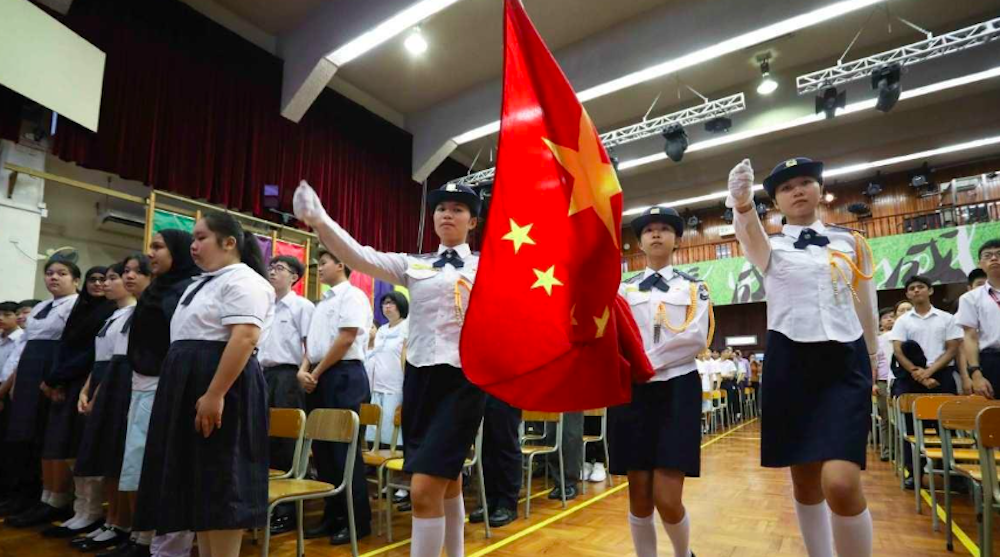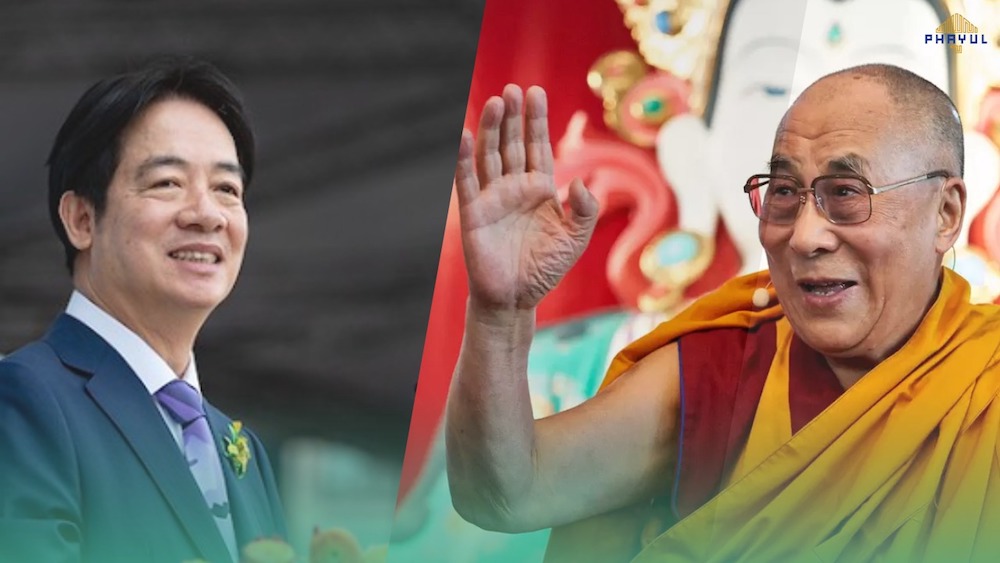By Tenzin Dedan
DHARAMSHALA, Nov. 1: China has implemented a new ‘Patriotic Education Law’ with the aim of promoting patriotism and embracing other civilizations. While this law emphasizes rationality, inclusivity, and open-mindedness, it has drawn mixed reactions and raised concerns about the Chinese Communist Party’s (CCP) control over various aspects of society, including education, government, and civil organizations.
The law, which came into effect on October 24, 2023, is designed to encourage patriotism and respect for the history and cultural traditions of other countries. It also calls for drawing inspiration from the outstanding achievements of human civilization. The legislation includes targeted measures for different groups of people, encompassing government officials, employees, villagers, and residents in special administrative regions such as Hong Kong, Macau, and Taiwan.
Taiwan’s Premier, Chen Chien-jen, has criticized the new law as futile and nonsensical, according to the Taipei Times. He emphasized that a state demanding patriotism must earn its people’s love by governing effectively and gaining public trust. He used a Chinese idiom to liken the CCP’s approach to “climbing a tree to catch fish.”
The passage of this expanded ‘Patriotic Education Law’ is seen as indicative of the CCP’s increasing control and manipulation of both governmental and civil organizations to serve the party’s agenda. Disobedience may result in negative consequences. This new legislation is part of a series of laws on national security, espionage, and patriotic education passed by the CCP in recent years. These developments coincide with President Xi Jinping’s ongoing efforts to consolidate power and address economic and party stability issues, including a housing crisis and youth unemployment.
On October 27, shortly after the law’s passage, the Political Bureau of the CCP Central Committee conducted its ninth group study session, focusing on fostering a strong sense of community in the Chinese nation. President Xi Jinping presided over the meeting and directed comprehensive efforts to promote standardized spoken and written Chinese language use and the use of unified state-compliant textbooks. He also called for population mobility in ethnic minority regions, stating that it is intended to “forge a strong sense of community for the Chinese nation.”
The Chinese authorities have banned the teaching and use of the Tibetan language at elementary and middle schools in specific regions, further raising concerns about the suppression of the Tibetan language, culture, and way of life. The implementation of the Patriotic Education Law and other related measures will continue to shape China’s social and political landscape.










